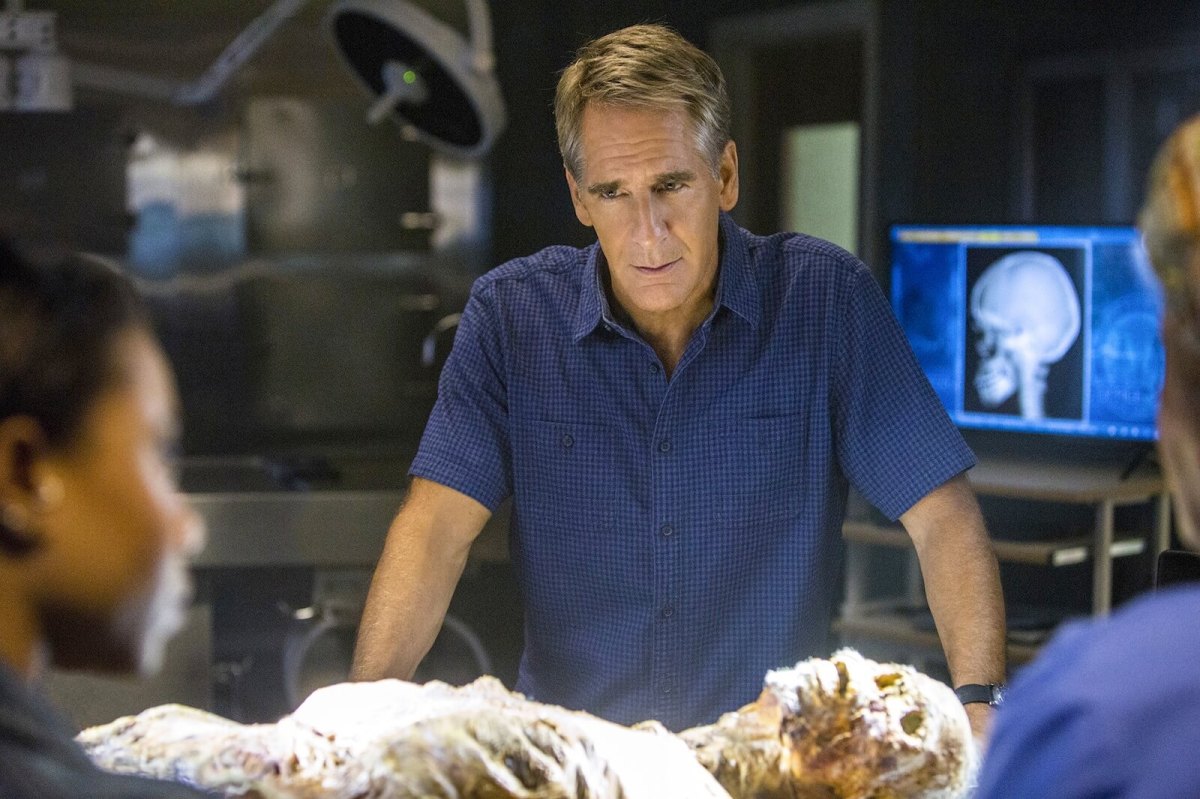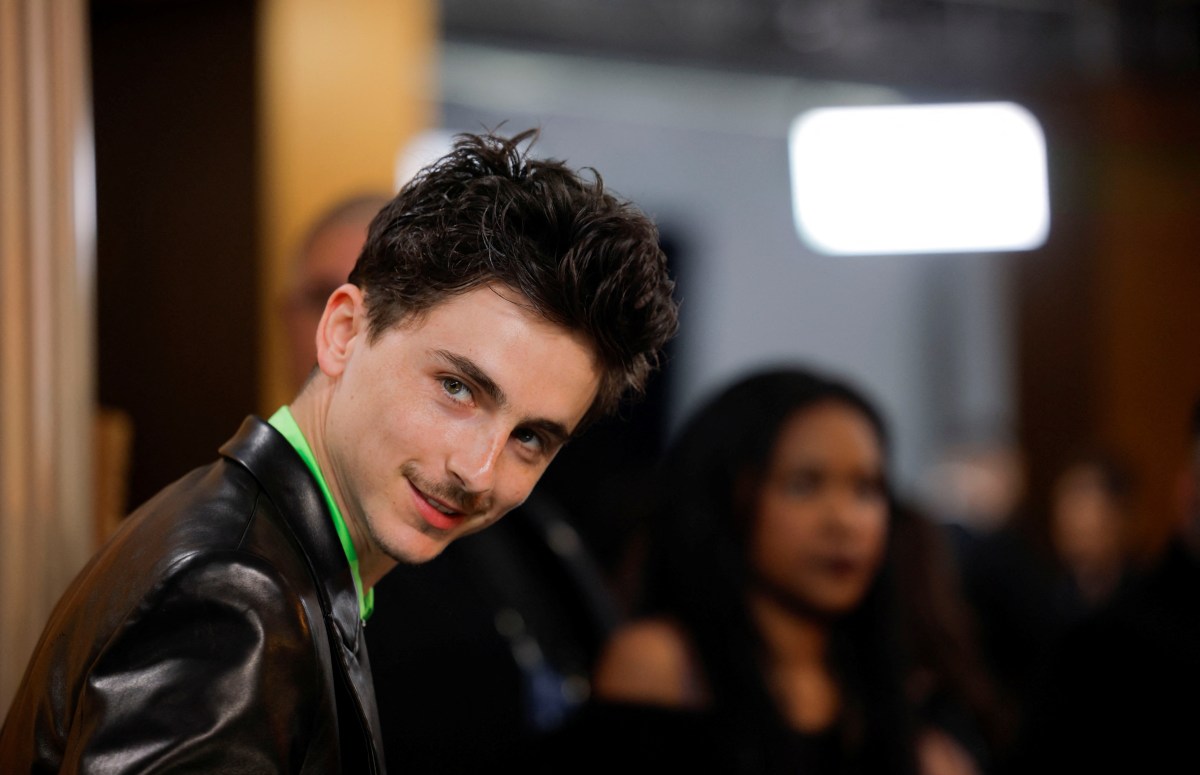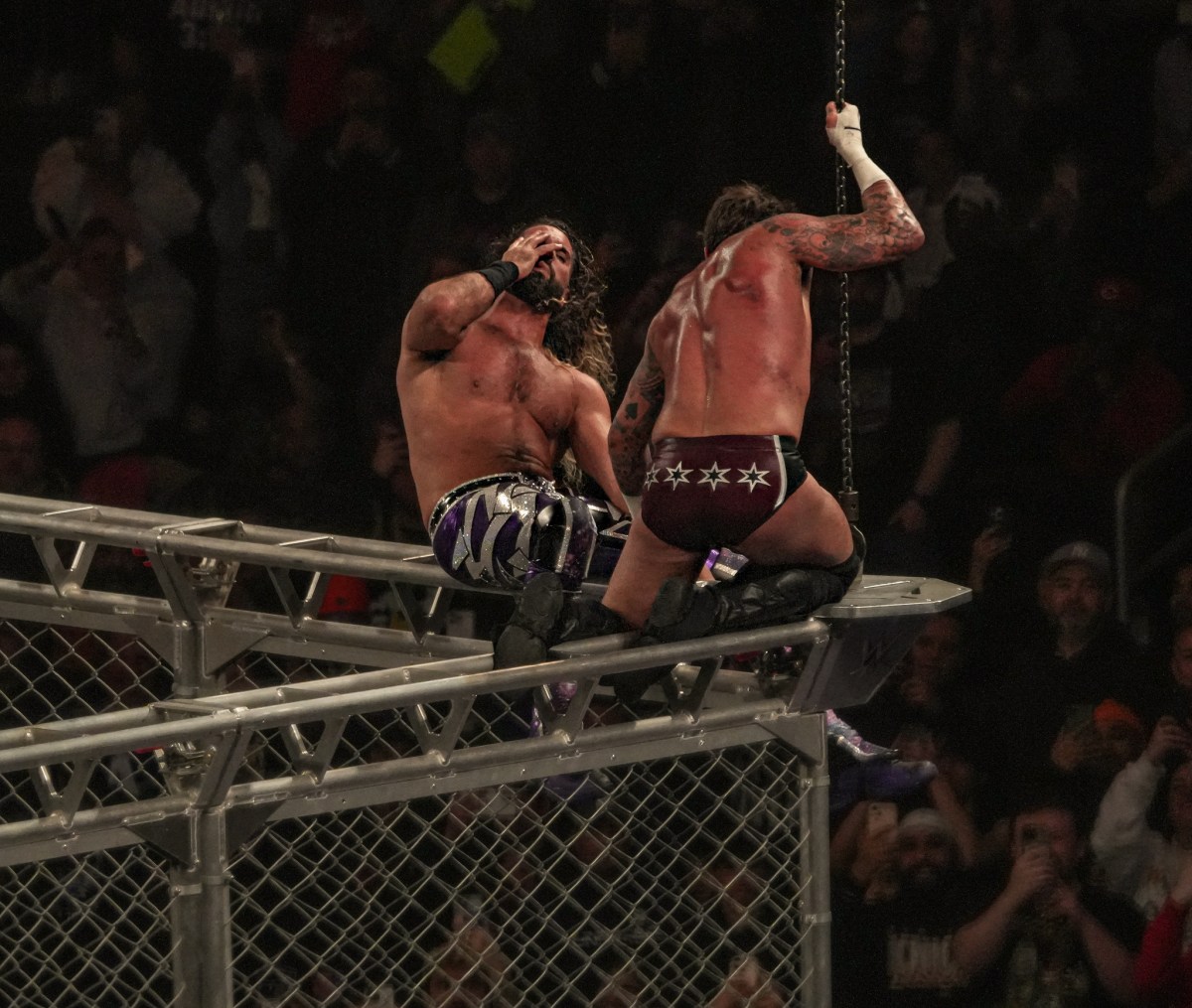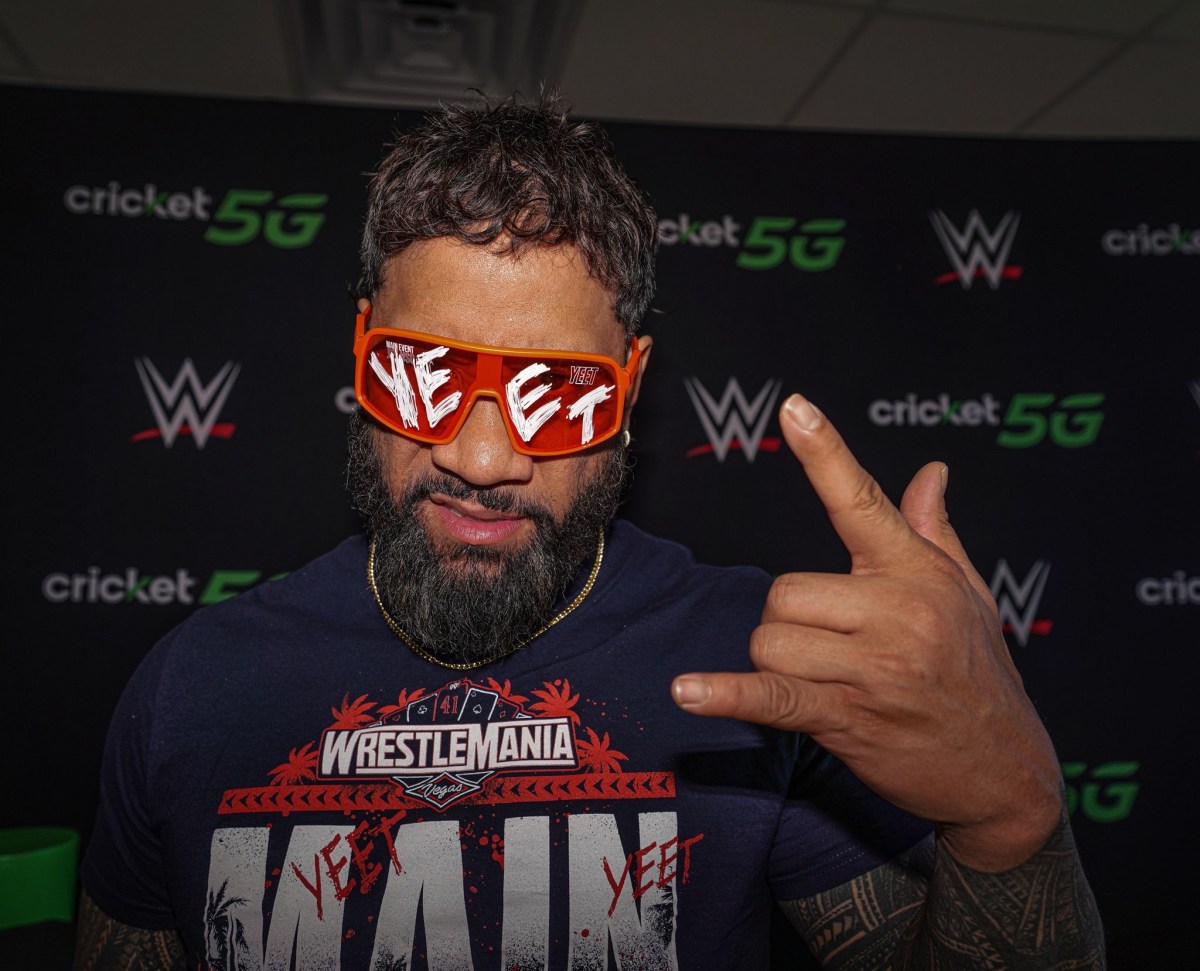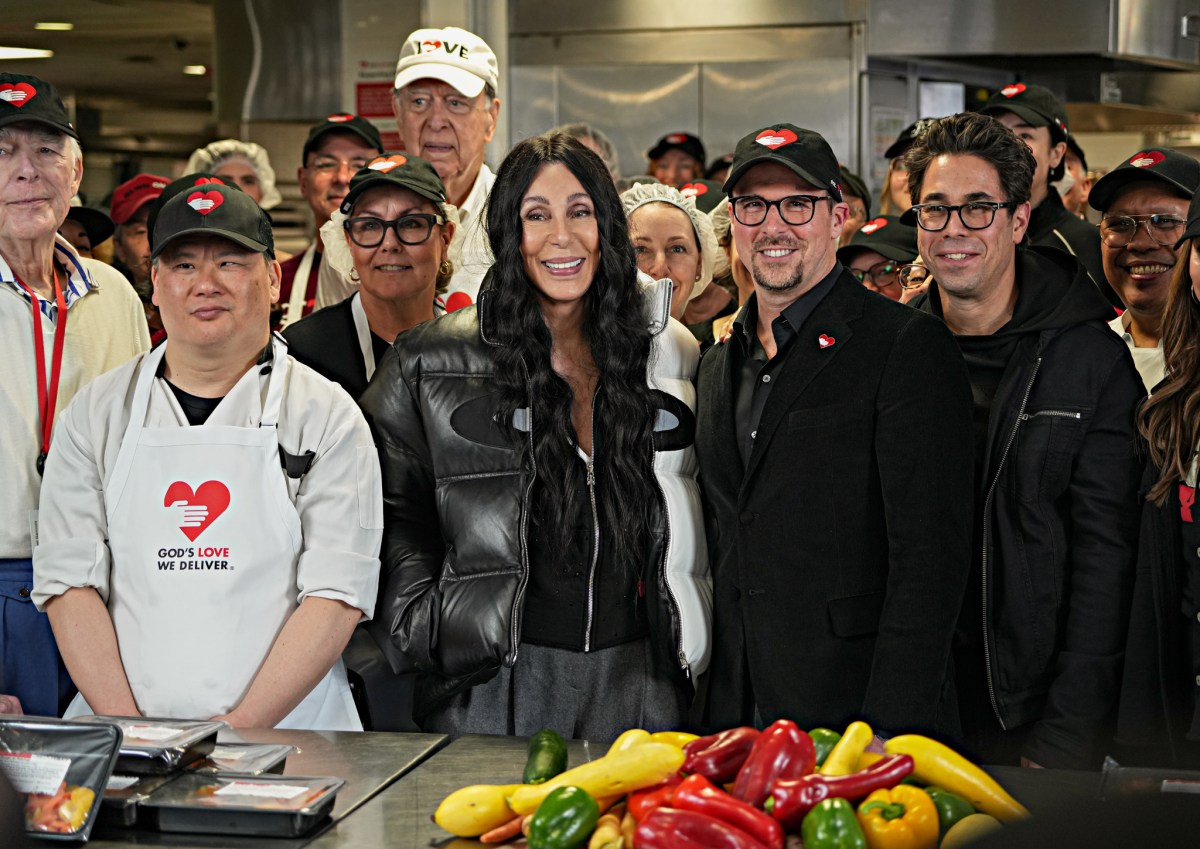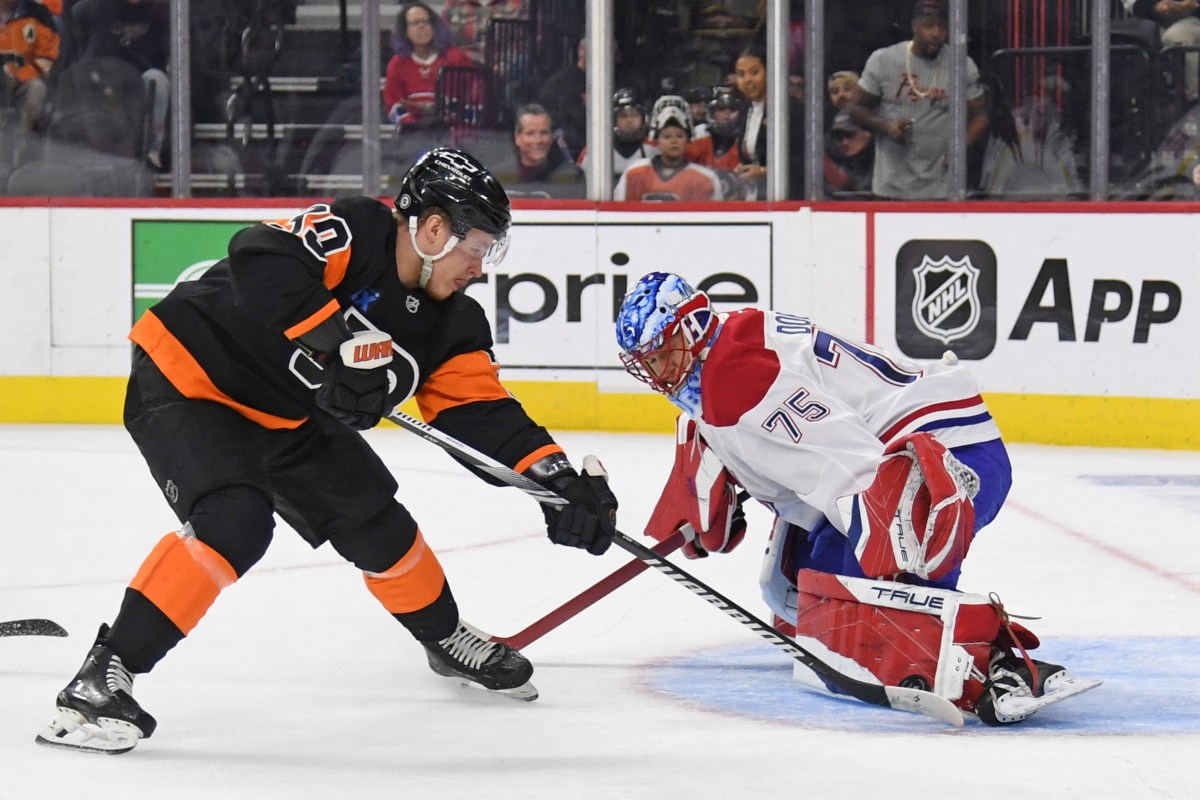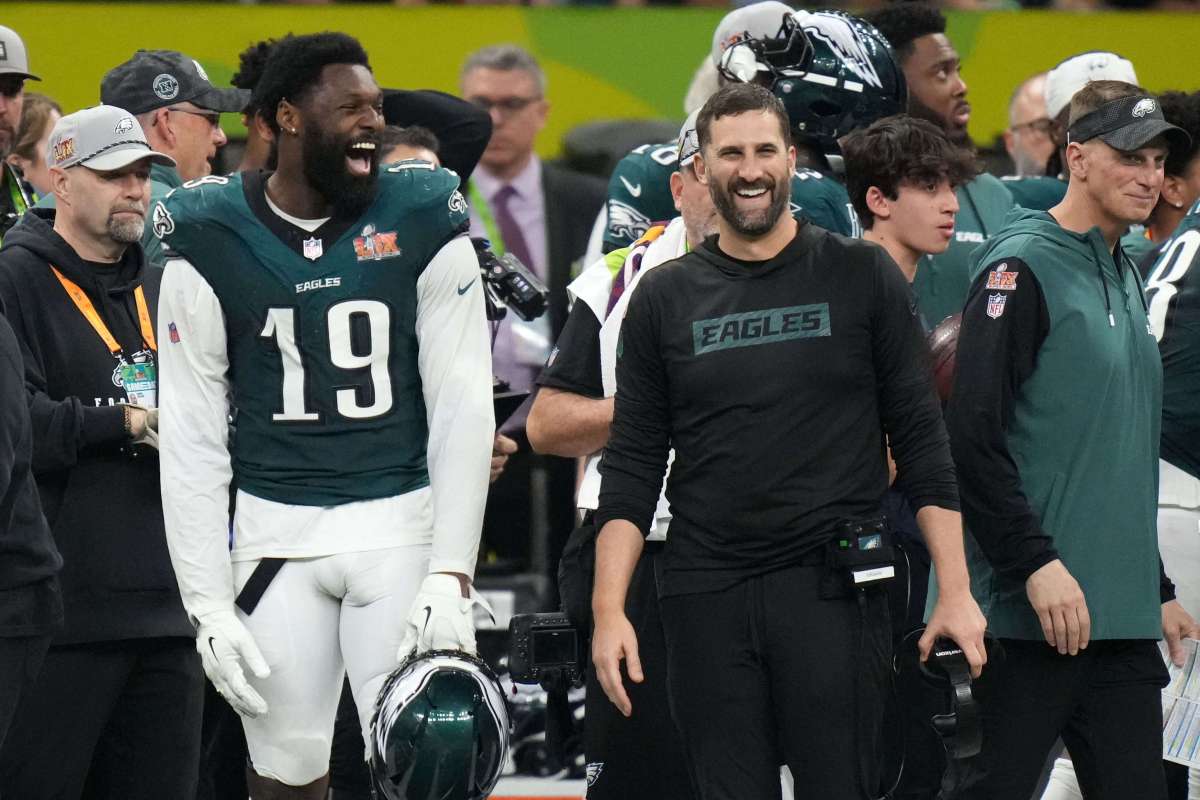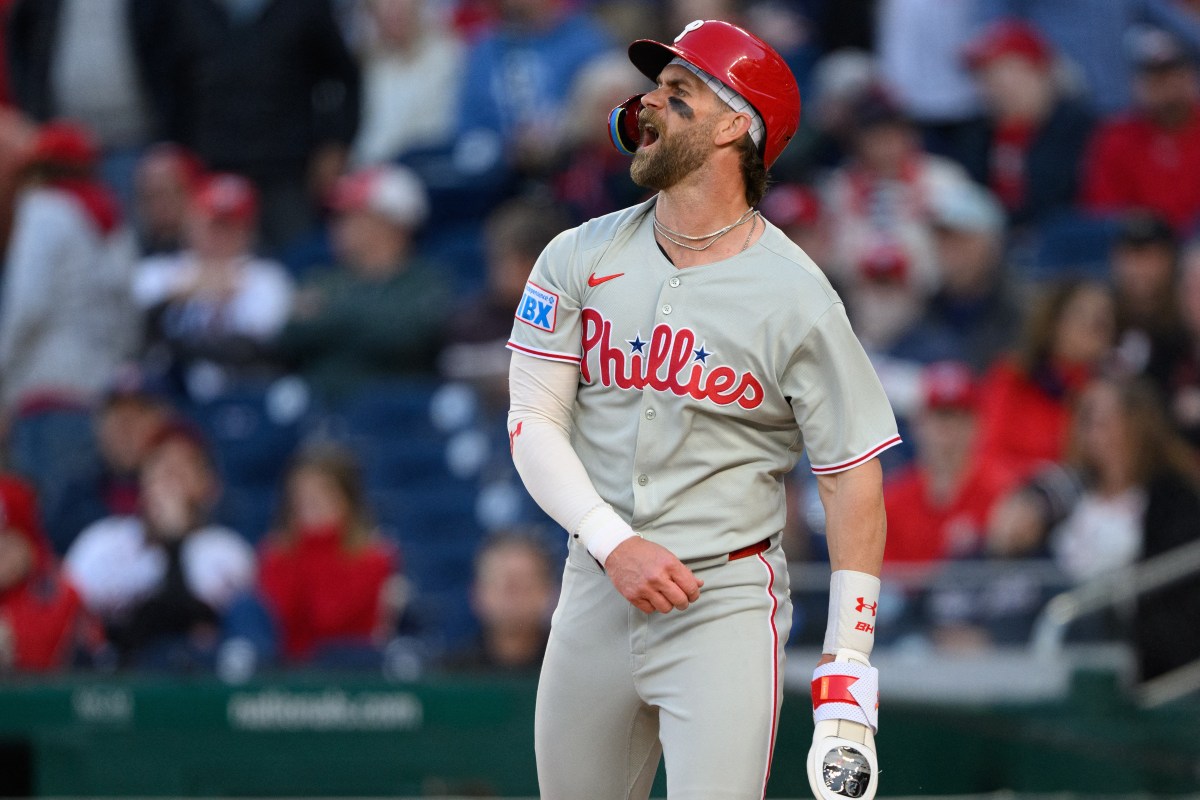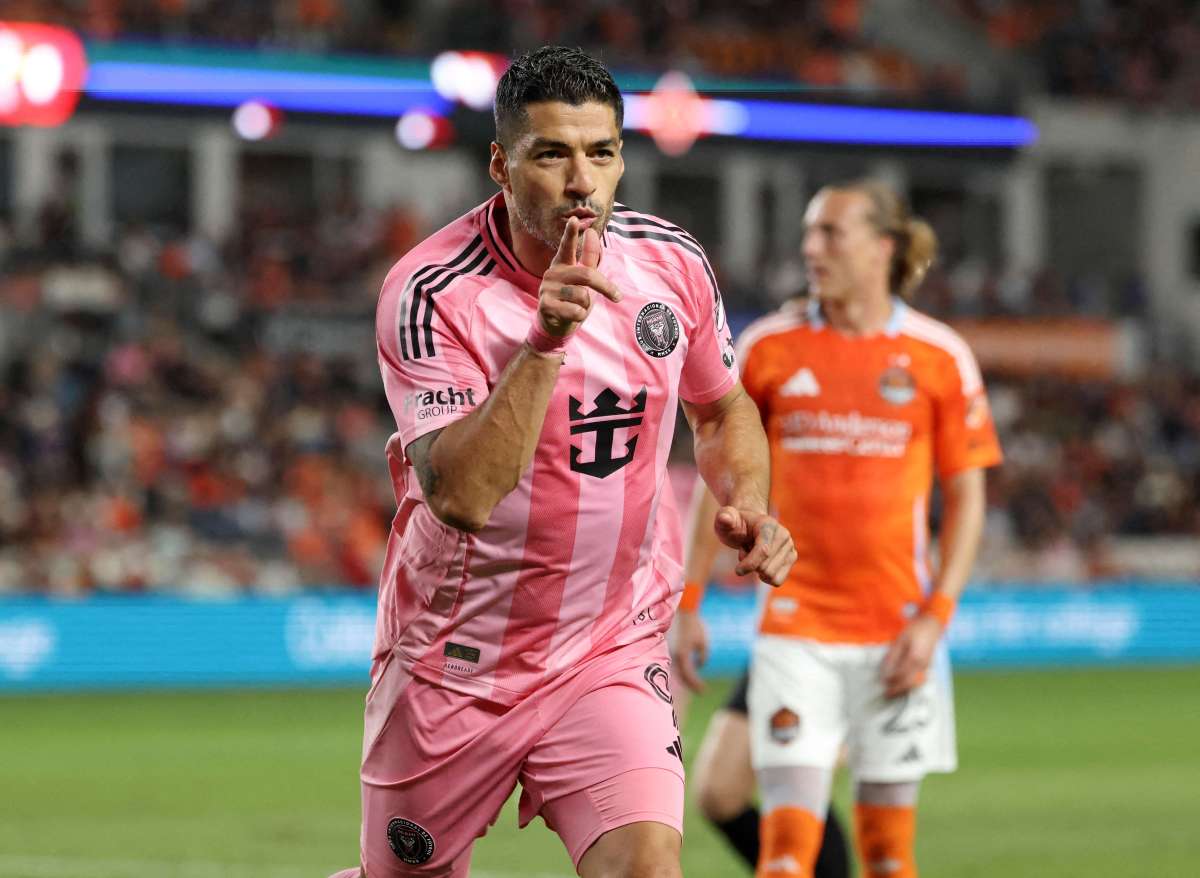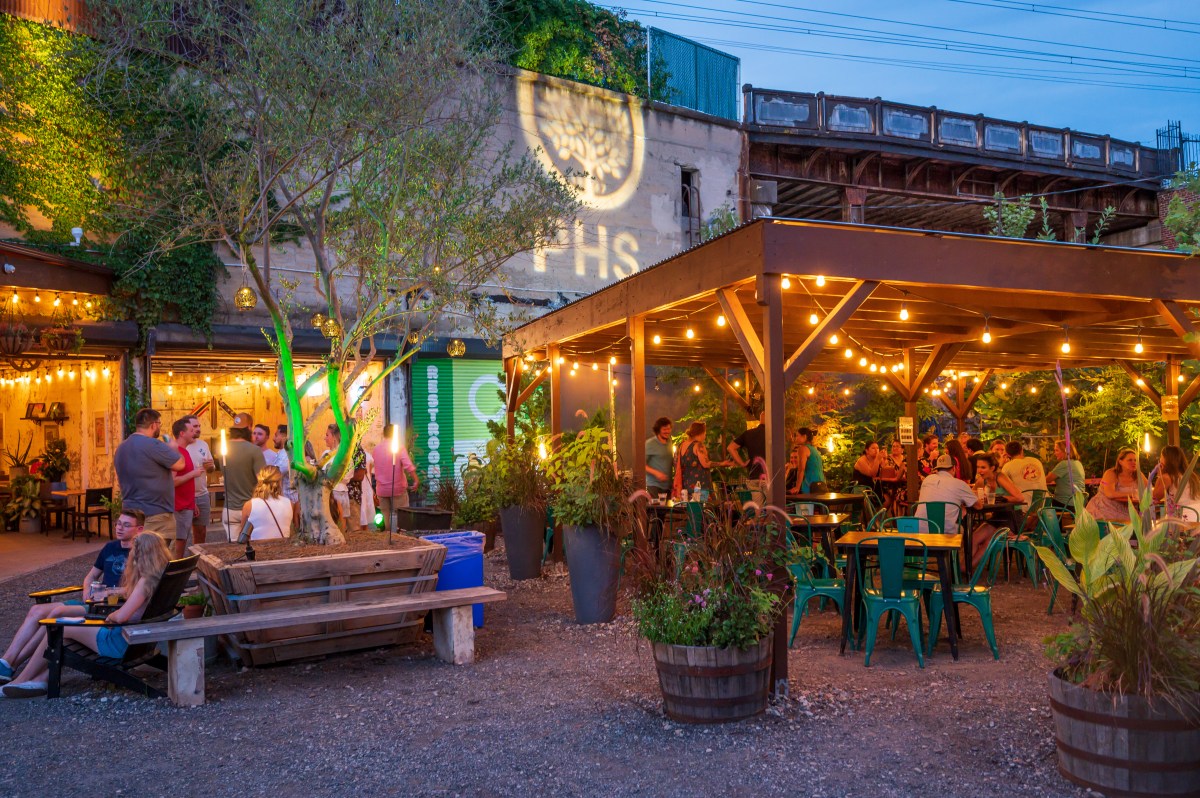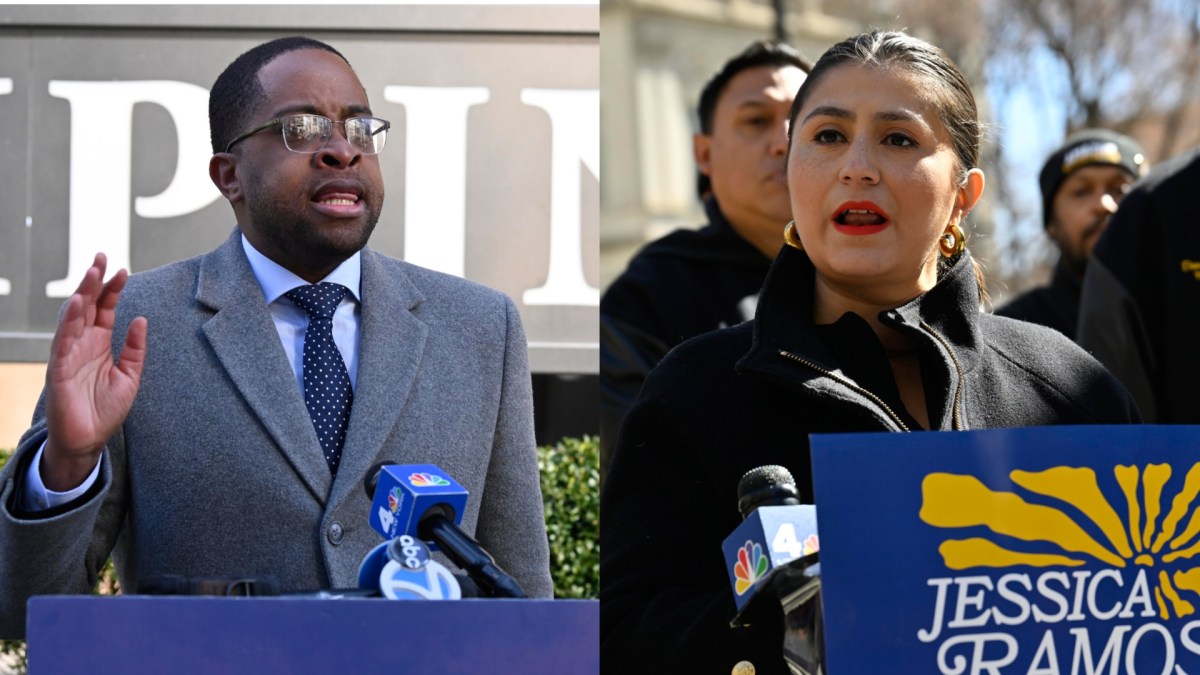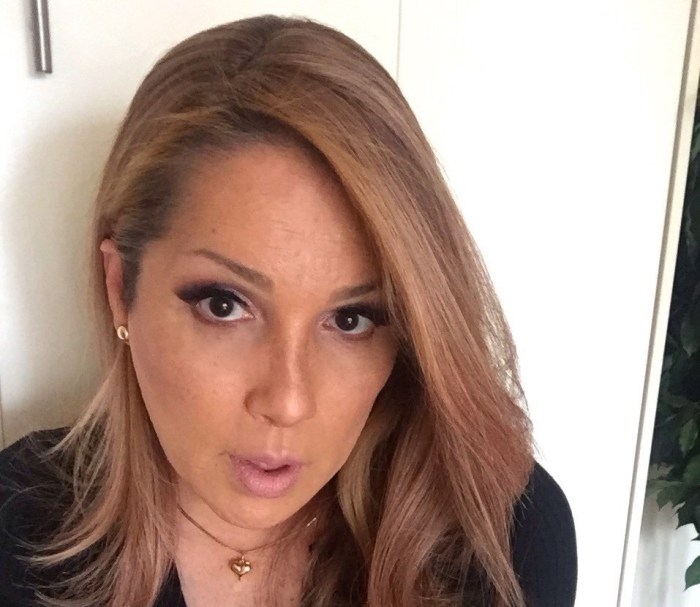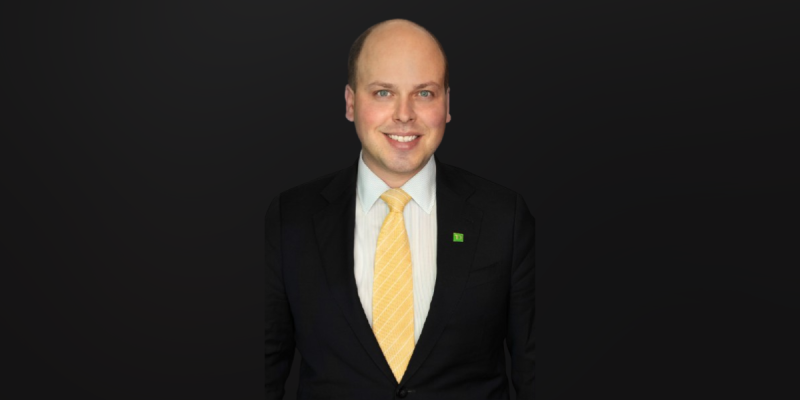Scott Bakula is no stranger to TV, but a prime spot in CBS’s “NCIS” empire is still a fairly new experience. Bakula leads “NCIS: New Orleans” as Senior Special Agent Dwayne “King” Pride. But a job like that comes with its own unique challenges.
What do you think has changed for TV over the years? And do you think a franchise like this is kind of a sure thing?
I don’t think there are any sure things anymore. I would’ve bet you a lot of money that “Men of a Certain Age” would’ve lasted more than 22 episodes and I would’ve lost a lot of money. I am still shocked by that. You just learn over your lifetime that when you’re off making it, you know it’s real. As I’ve told everybody about this show, we have to make a good show. People aren’t lazy with their clickers. They switch channels if they don’t like you. So if 17 million people are tuning in on a Tuesday night for “NCIS,” and for our show everybody turns off the TV and goes to watch something else and we only get 10 million people — which is a lot for a lot of networks, but only 10 million on CBS are watching our show we’ll be canceled. So I don’t take anything for granted.
RELATED: Mohzan Marno on life in Brooklyn and moving up “The Blacklist”
“NCIS” has been on the air for 12 years. Is it intimidating to follow that?
It’s hard to get my head around. It’s still hard to comprehend that you’re following the most-watched TV show on planet earth. We were doing a crossover episode and I flew to L.A. to shoot with Mark [Harmon], and I was shooting Episode 4 and they were shooting Episode 240. It’s kind of humbling, really. I’ve never had anything last that long, so I can’t comprehend it. After four and a half years of “Quantum Leap” and four years of “Enterprise,” I was not ready for those shows to end. So I know that my attention span can last at least four years.
What sets this apart from the other “NCIS” shows?
I said a couple of weeks ago, “We’re running out of parades,” and they said, “Oh no, it’s New Orleans, you never run out of parades.” There is a parade for Thanksgiving, there is a parade for Halloween, there is a parade for Christmas, there are all the Mardi Gras parades, there is an Easter parade. They love to celebrate in that town, but at the end of the day we have to dig deep into the history and the culture and the community that lives there. You have all this infusion of all these worlds coming and landing there and settling there and dying and killing and storms and tragedies. And the people that stay there are, they’re a little crazy and very possessive about the city. They’re all asking me, “How do you like my city?” It’s a fascinating place and that’s part of the show, a big part of the show.
RELATED: Ilana Glazer says “Broad City” will be “a little more real” in Season 3
What’s the biggest hesitation in taking on a job like this?
I think because I’ve done this long enough I don’t really approach things that way. My biggest fear for something like this is being away from my family. It seems glamorous — “Oh my gosh, you’re shooting a show in New Orleans.” Well, my family can’t come and be there with me, so I’m on a plane. I’ve had two weekends since July not in New Orleans. The most challenging part of our business is the amount of time we’re not at home, and when you add to that being in another city it just magnifies that. I liked this enough to get up and leave my family and go to New Orleans. I have no idea if the show will make it is past this season, past the spring. Anything can happen. And five years from now, will these shows even exist anymore? I don’t know. Free television, will that exist in five years, 10 years? I don’t know. So I look at this also as kind of not the last hurrah, but I’m grateful to still be working and I don’t take it as a given, you know, in our business.
You were still working on HBO’s “Looking” when you started this. How was that commute?
They had structured the “Looking” schedule around me being there on Saturdays. So a few times I was shooting until two or three in the morning in New Orleans and sleeping or not for two hours and then getting on two planes to get to San Francisco and shoot until two or three in the morning there and then find my way back to New Orleans Sunday night to start work on Monday morning. I’m not as young as I used to be, so that was a challenge, but I felt very powerfully moved to do “Looking.” When I got this show, I sent Andrew [Haigh] an email saying if you want me to come back I hope you can work around my schedule and because, you know, the big dog isn’t going to make way for the little dog.
Follow Ned Ehrbar on Twitter: @nedrick

